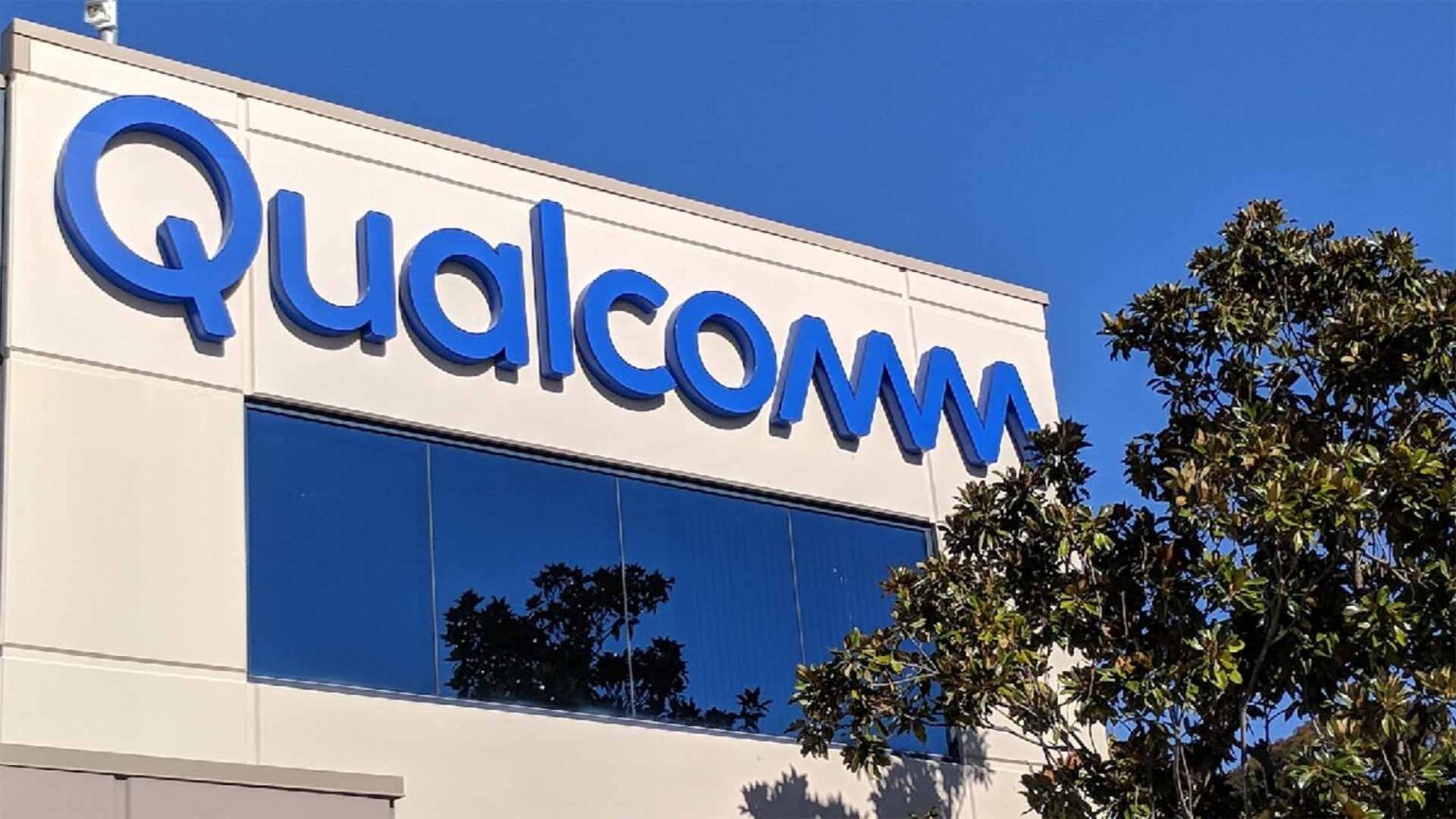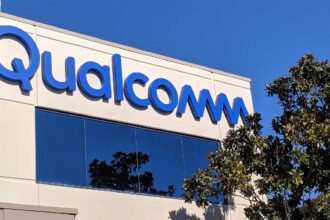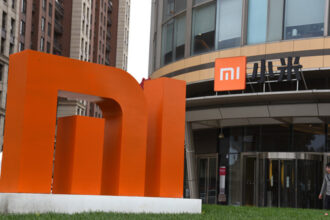Qualcomm Inc.’s plans to acquire Intel Corp., a move that could have redefined the global semiconductor landscape, appear to have fizzled out. Sources close to the matter reveal that Qualcomm’s interest in a full takeover has waned due to the complexities and risks involved.
A Potential Historic Deal Fades
An acquisition of Intel by Qualcomm would have ranked among the largest technology deals in history. It would have outshone Broadcom’s 2023 purchase of VMware and created a dominant US chipmaking leader. However, financial and operational hurdles, including Intel’s staggering $50 billion debt and struggling semiconductor manufacturing unit, made the deal less attractive for Qualcomm.
Regulatory obstacles were another key factor. The proposed deal would have faced intense scrutiny, including from Chinese regulators, given the companies’ significant business ties to the region.
Strategic Shifts and Challenges
Qualcomm has been diversifying into new markets such as personal computers, networking, and automotive chips, aiming to generate an additional R410 billion annually by 2029. The company’s CEO, Cristiano Amon, confirmed in a recent interview that no large acquisition is currently essential to achieve these goals.
Intel, on the other hand, has been working to reinvent itself amid declining market value and increasing competition from rivals like Nvidia. Once a dominant player in chipmaking, Intel has struggled to keep pace, particularly in the growing field of artificial intelligence chips.
The Santa Clara-based company’s market value has dropped to approximately R2 trillion, following a 51% year-to-date stock decline. Despite these challenges, Intel CEO Pat Gelsinger remains committed to keeping the company unified and driving innovation.
The Future for Intel
Intel has been exploring strategic options for its Altera programmable chip unit, with private equity firms eyeing minority stakes and Lattice Semiconductor expressing interest in a full acquisition. The company expects to conclude these negotiations by early next year.
The reduced CHIPS Act grant, which decreased to about R147 billion, isn’t expected to heavily impact Intel’s capital spending, though execution challenges remain. Gelsinger remains optimistic, emphasizing Intel’s pivotal role in the tech industry and its “better together” strategy.
Qualcomm’s Road Ahead
Qualcomm’s retreat from the Intel acquisition doesn’t mean an end to its ambitions. The company remains focused on expanding its reach into emerging sectors. Qualcomm’s expertise in mobile and automotive chips positions it to thrive without the added complexity of managing Intel’s manufacturing unit.
While the acquisition may not have materialized, Qualcomm and Intel’s evolving strategies reflect the semiconductor industry’s shifting dynamics. As AI and other technologies drive demand for more advanced chips, both companies are adapting to maintain relevance in this highly competitive sector.










